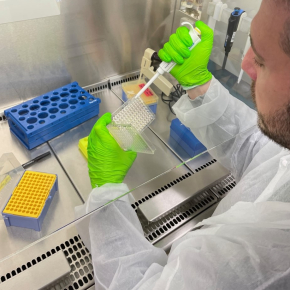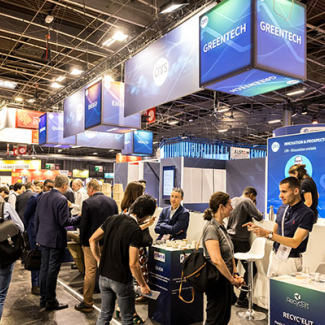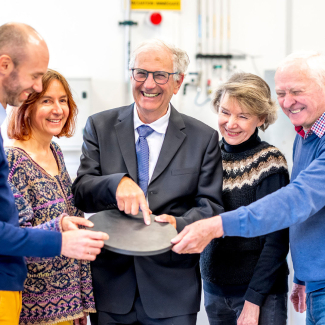
Idylle: Innovation by Laboratories for Laboratories
With a new technology coming to market each month, and 80% of its sales abroad, the company Idylle emphasizes the circular knowledge economy.
Idylle, which was created in 2018 by Mathieu Grisolia, has proven its worth. Aiming to provide scientists with innovative research tools–and doing so within the “tempo of research”–the young company now releases a product each month, ranging from a new probe to a new imaging procedure. “We have developed an inch-perfect method for making a laboratory prototype into a sturdy product, all while developing our industrial know-how,” emphasizes Grisolia, the founder and CEO of Idylle, of which the CNRS is a shareholder alongside Quattrocento, a startup studio in the life sciences.
This method involves pacing, the professionalization of establishing contact, and collaboration with technology transfer organizations. This has enabled the Paris-based Idylle to develop its methods and tools, as well as to reflect on providing industrial added value. “We start out with a purely technological prototype and transform it into a product sold to researchers,” Grisolia explains.
Developers with a desire to share
There are prototypes everywhere. Thomas Daubon, a team leader at the Institute of Biochemistry and Cellular Genetics1, is what is referred to at Idylle as a “developer.” Daubon developed expertise in the standardization of cell structure as part of his research on brain cancer. The tool, named Sphero Tribe, serves as a base technique for his team, and can be used for research on other types of cancer. “I presented my tool before the Idylle committee and we tested the product. Idylle prepared the first kits in two months, and we are currently testing them in the laboratory,” Daubon points out. To transform this laboratory tool into an industrial product, Idylle standardized the production of the reactive developed by Daubon and his team, and then built an ecosystem of objects that facilitate the experiment. “They have a chemist’s vision that I do not have. This is a good representation of the CNRS and its multidisciplinary qualities,” continues Daubon. “Developers are highly motivated. They fulfil something with Idylle, namely a desire to share,” adds Grisolia. That is what makes Idylle so attractive, using the product as a driver for scientific collaboration between users and developers, between all researchers.
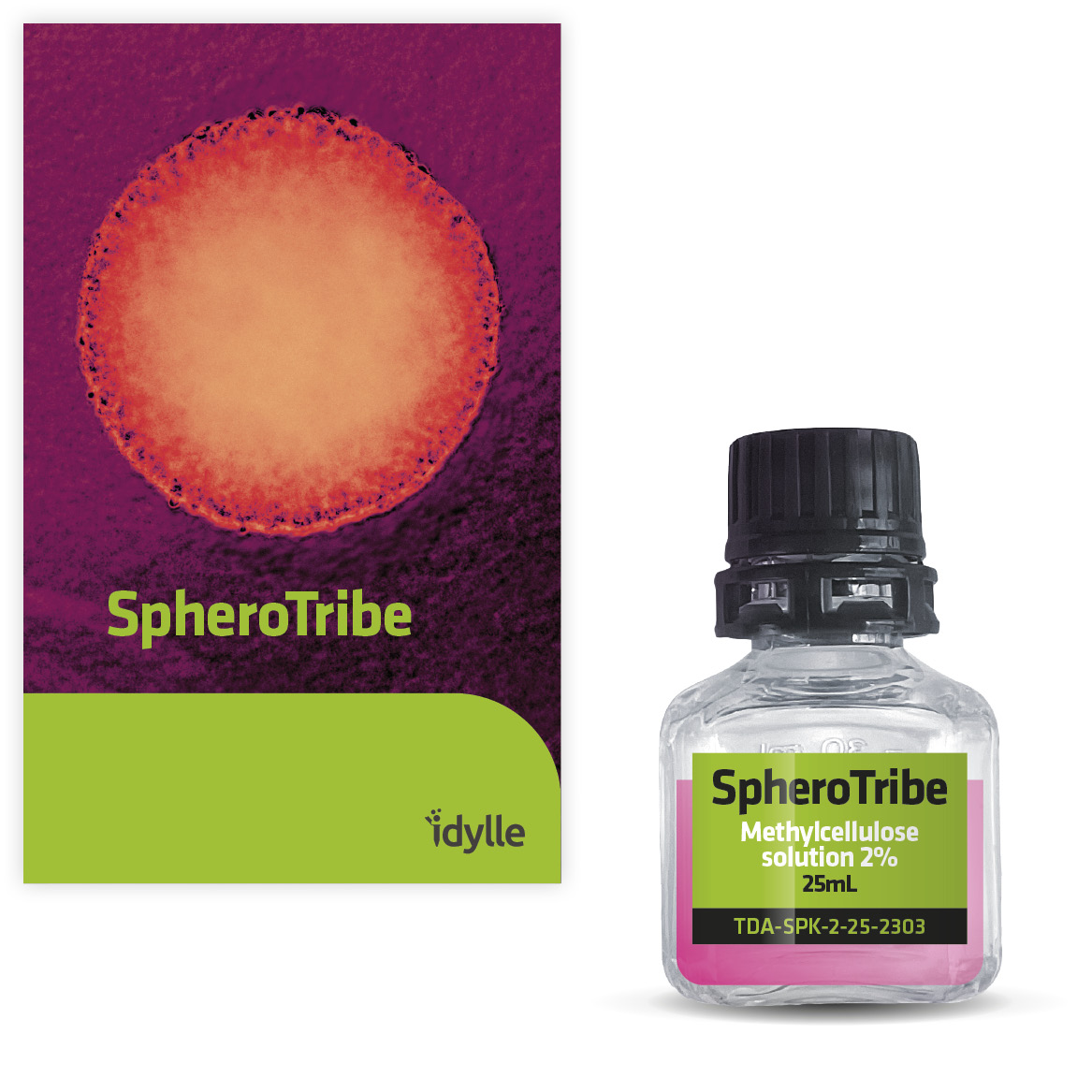
This winning formula has allowed Idylle to offer new tools each month, with this mastery over timing enabling the company to situate itself within timeframes specific to research. “We have become more efficient, as illustrated by the time between we identify a potentially transferrable technology and the sale of the product. Today we can complete this task in less than twelve months.” Idylle’s goal is to accelerate research by providing technologies that would not be available without the company, all as part of a dynamic of co-construction. By making these technologies available, the company makes possible a “circular knowledge economy,” with the innovation of one laboratory impacting that of others. “That is the aim of all actors in research.”
The right tempo for research
Everspark technology, which facilitates the preparation of samples for imaging, is a good example. The researcher Florian Siegerist, of Greifswald Medical School in Germany, was among the tool’s very first users. At one point, his work on the thrombotic risks of vaccines was stuck, but Everspark helped him overcome the obstacle, and gain multiple weeks in advancing his research. “I discovered Everspark technology on social media and contacted Idylle. I placed my order and the technology quickly arrived! Everspark helped me gain time in certain areas of my research. Without this tool, I would have had to cobble something together in the laboratory for my imaging,” Siegerist elaborates. Today he uses two new products developed by Idylle. “I especially like how Idylle gives me an overview of new technologies.”
The company’s growing renown has allowed it to reach more users. When Idylle launches a product for sale, the company contacts users that could be interested. “We read papers, we identify potential scientists in research articles, and conversely, we identify new technologies and their needs,” Grisolia continues.
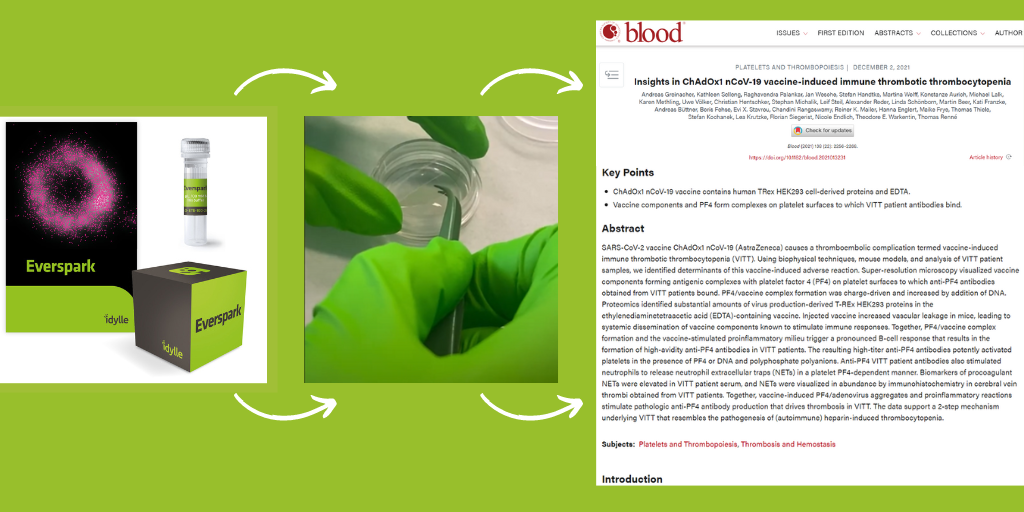
Today the company is concentrating on laboratory research tools, with special focus on two fields: imaging and sample preparation. “In the future, we would like to extend our expertise across all aspects of a researcher’s workflow.”
Examples of tools made available to researchers include a probe for imaging the endoplasmic reticulum, another for imaging mitochondria, and a device for compressing cells and conducting imaging. “All of these tools based on recently published technologies have enabled advances in domains of experimental practice.”
80% of sales abroad
While Idylle produces the vast majority of its tools in French laboratories, 80% of its clients are located abroad. “We follow communities of researchers, and by definition, these communities are international.” Orders are placed beyond Idylle’s French sphere of influence. “This reflects our ability to work with research communities and export the excellence of French laboratories, with the goal of accelerating research.” This “enthusiastic” capacity for exporting and internationalization helps to strengthen international research networks. “That is our brand’s mission.” The success of products is the success of developers, and it can ultimately lead to new research collaborations.
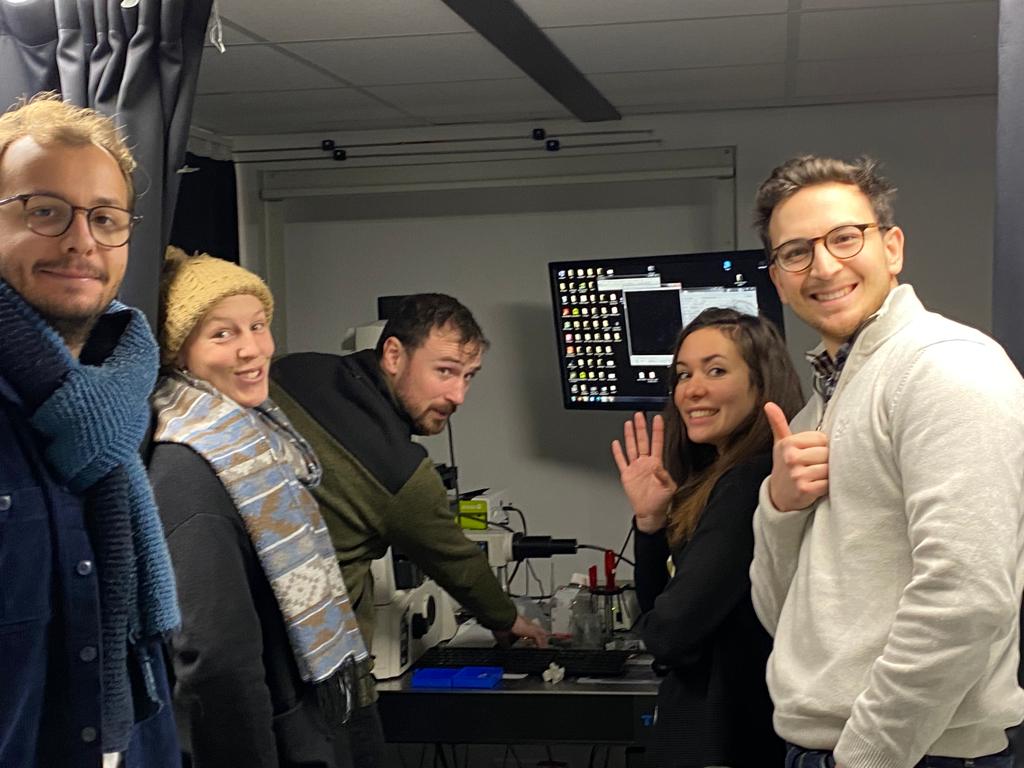
In the future, Idylle would like to continue its mission of accelerating research by providing “the best products at the best time.” The company hopes to increase the pace at which it makes products available, with a view to providing even more solutions. “There is a great wealth of technologies.” Idylle would also like to extend its expertise to other domains in the life sciences. “We are also interested in the development of technologies that require complex skills such as mechanics or embedded electronics.” News that bodes well for the advancement of knowledge in laboratories.
